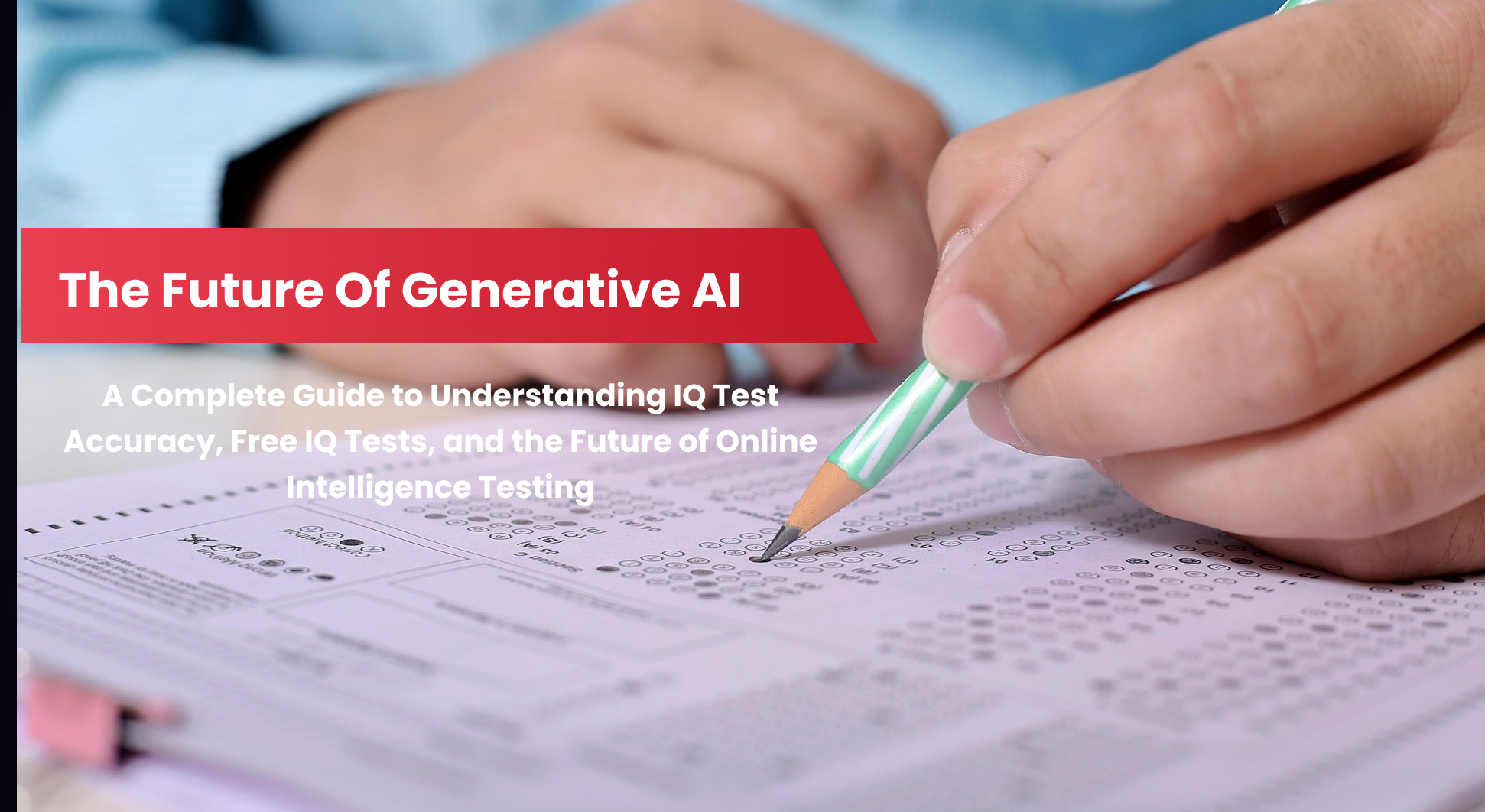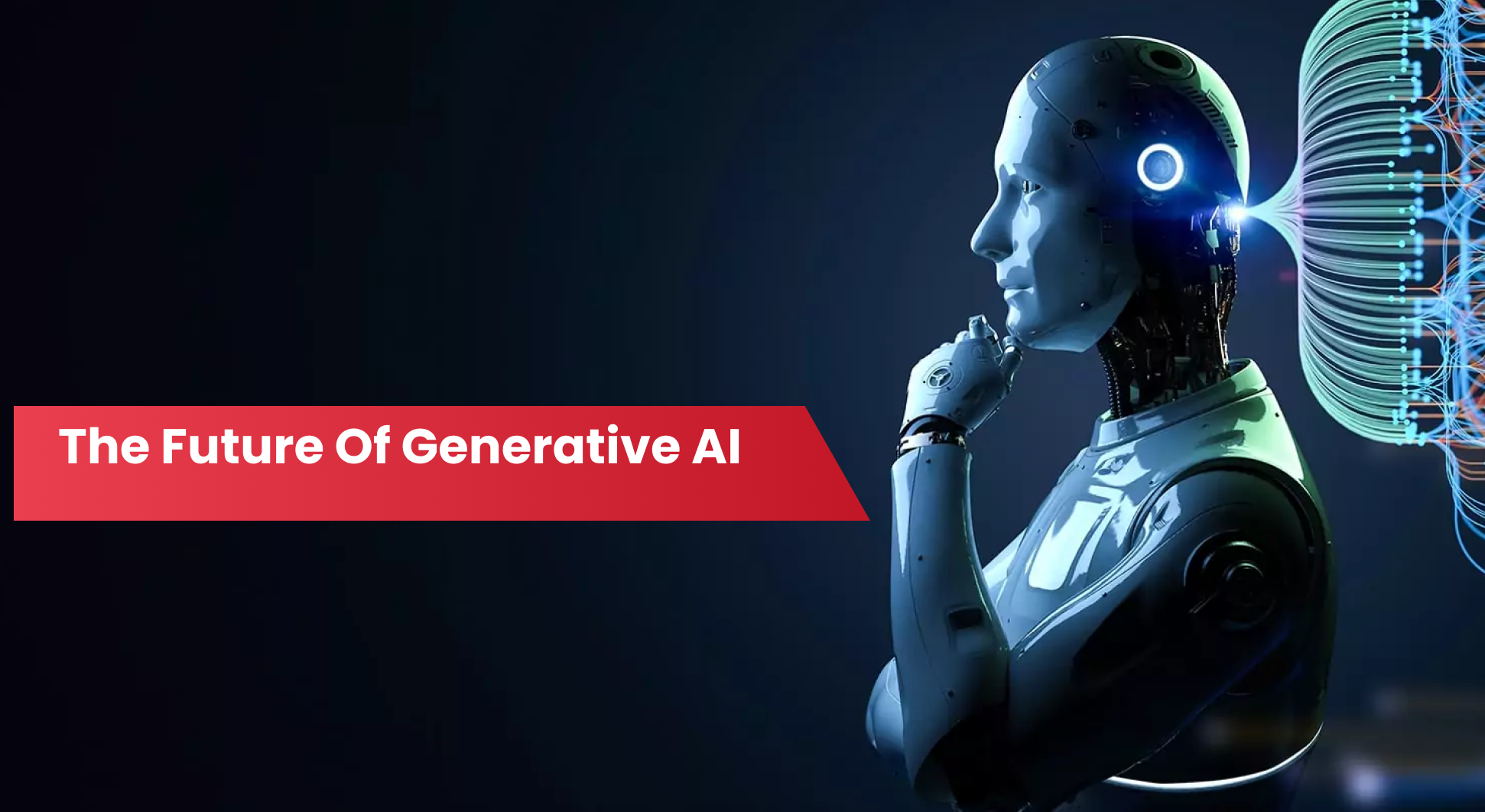In today’s digital age, data is everywhere. From social media trends to business decisions, data influences almost every aspect of our lives.
If you’ve ever wondered what makes data so powerful or how data can be transformed into valuable insights, you’ve come to the right place.
This introduction to data science will guide you through the foundational concepts of the field, providing you with an overview of data science, its advantages and disadvantages, and how you can begin exploring this exciting discipline.
Introduction to Data Science (Brief Overview)
- Understand what data science is and how it combines various fields like statistics, machine learning, and computer science to derive insights from data.
- Learn the basic concepts involved in data science, including data collection, cleaning, analysis, and interpretation.
- Discover how data science can improve decision-making, predict future trends, enhance customer experiences, and drive automation.
- Recognize the potential disadvantages, such as high costs, privacy concerns, and the complexity of data analysis.
- Learn how to begin your data science journey with introductory courses and practical tools.
- Explore the wide range of career paths available in data science, from data analyst to machine learning engineer.
- Gain insights into how data science is applied across various industries like healthcare, finance, and marketing.
What is Data Science?
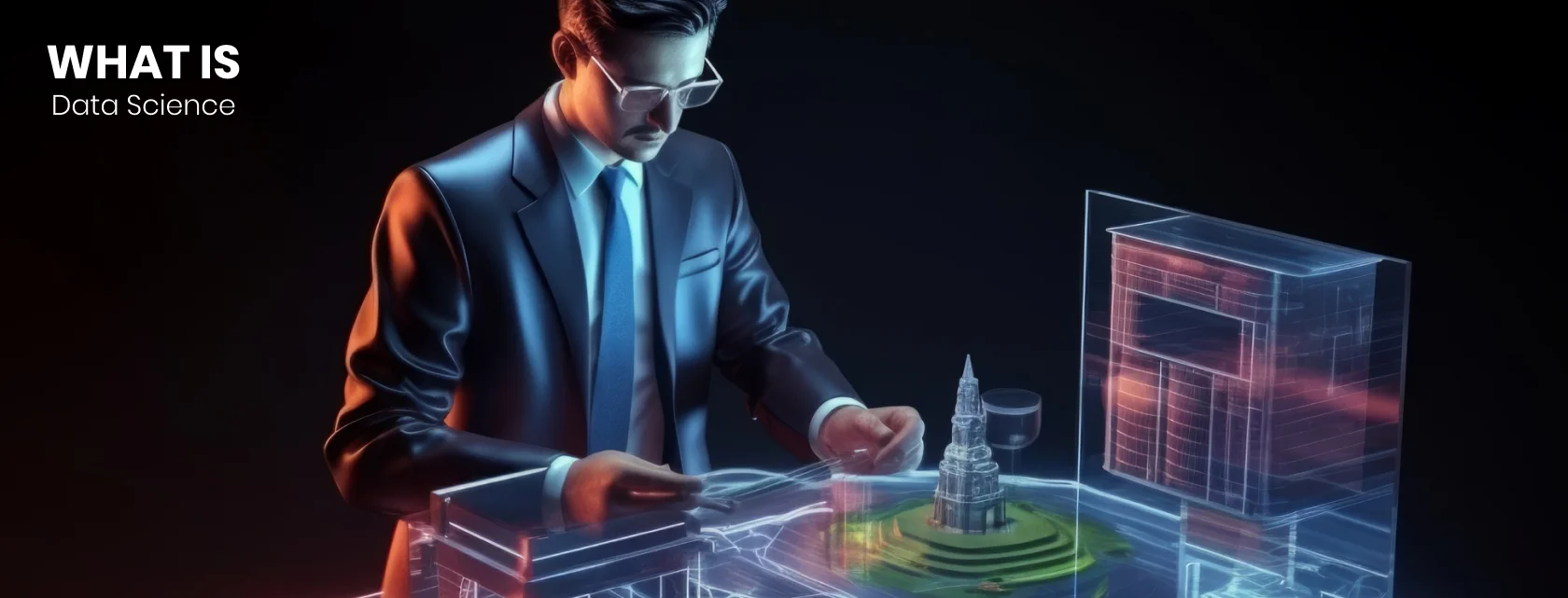
Before diving deep, it’s essential to understand the core of the subject. Data science is an interdisciplinary field that uses scientific methods, algorithms, and systems to extract knowledge and insights from structured and unstructured data. It encompasses various techniques from statistics, machine learning, data analysis, and computer science to interpret complex data sets and solve real-world problems.
At its core, data science aims to turn raw data into actionable information that can drive decision-making, solve problems, and improve efficiencies across industries. Whether it’s predicting customer behavior or analyzing trends in healthcare, data science empowers businesses and individuals to make informed choices.
A Deeper Dive into Data Science: What Do You Mean by Data Science?
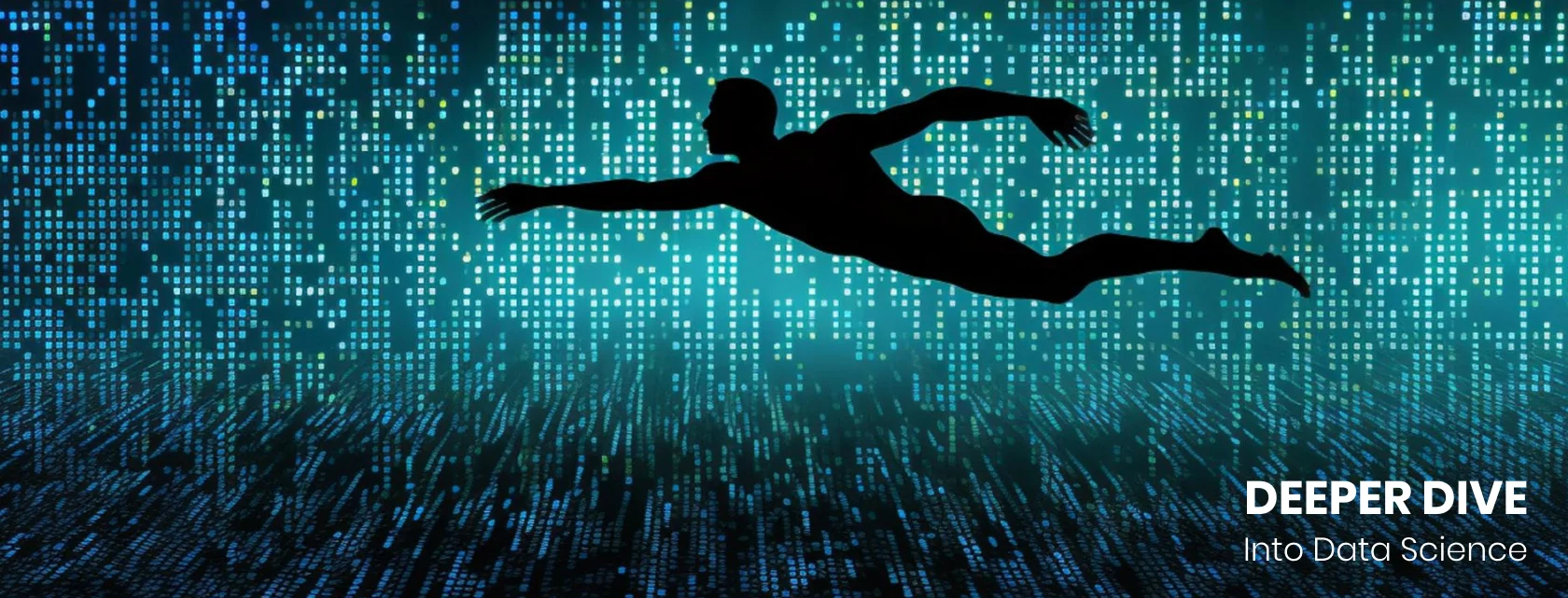
If you’ve heard the term “data science” thrown around but are unsure of its precise meaning, here’s a clearer explanation. Data science is a blend of data analysis, computer science, and domain expertise. While data analysis is concerned with examining and interpreting data, data science goes a step further by utilizing machine learning algorithms and artificial intelligence (AI) to automate tasks, make predictions, and provide deeper insights.
The overview of data science includes multiple steps, such as data collection, cleaning, exploration, visualization, modeling, and interpretation. By following this structured approach, data scientists can create solutions that can impact industries like finance, healthcare, retail, and entertainment.
If you want to learn more about data science, subscribe to FastLearner, an AI-powered elearning platform for all.
The Advantages of Data Science: Why It Matters

One of the key reasons for the growing interest in data science is the wide range of advantages of data science. These benefits span industries and provide a competitive edge to organizations and individuals who leverage data effectively.
- Informed Decision-Making: Data science empowers decision-makers with valuable insights, allowing businesses to optimize operations, improve products, and develop effective strategies.
- Predictive Capabilities: By using machine learning algorithms, data science can predict future trends and outcomes, which is essential for industries like finance, marketing, and healthcare.
- Automation and Efficiency: Many data science tools automate repetitive tasks, which allows businesses to improve efficiency and reduce operational costs.
- Enhanced Customer Experience: Through data-driven personalization, companies can offer products and services tailored to their customers, improving satisfaction and loyalty.
Despite these powerful advantages, it’s important to understand that data science advantages and disadvantages vary depending on the context in which it is applied. Let’s explore both the pros and cons in more detail.
Data Science Advantages and Disadvantages

While the benefits of data science are evident, there are some disadvantages of data science to consider as well.
Advantages:
- Better Decision-Making: Data-driven decisions are often more accurate and reliable compared to traditional methods.
- Innovation: Data science drives innovation in fields such as AI, autonomous vehicles, and healthcare technology.
- Problem Solving: Data scientists are able to develop innovative solutions to complex problems by analyzing large datasets.
Disadvantages:
- High Costs: Implementing data science solutions can be expensive, especially when it comes to hiring skilled data scientists and investing in necessary infrastructure.
- Data Privacy Concerns: The use of personal and sensitive data raises ethical and privacy concerns, especially with regulations like GDPR.
- Complexity: The process of interpreting data and implementing machine learning models can be highly complex and require a specialized skill set.
It’s essential to balance the advantages of data science with its potential challenges to make informed decisions about its application.
Data Science Course: Starting Your Journey

If the world of data science intrigues you, taking an introduction to data science course can be an excellent starting point. Such courses typically cover foundational topics like data analysis, statistical methods, programming languages such as Python or R, and how to work with various data structures.
Many online platforms offer beginner-friendly data science introduction courses that help newcomers understand the core concepts and tools required to succeed in the field. These courses may include hands-on projects, practical applications, and case studies to provide you with a solid foundation in data science.
The Future of Data Science: A Career Path with Unlimited Potential
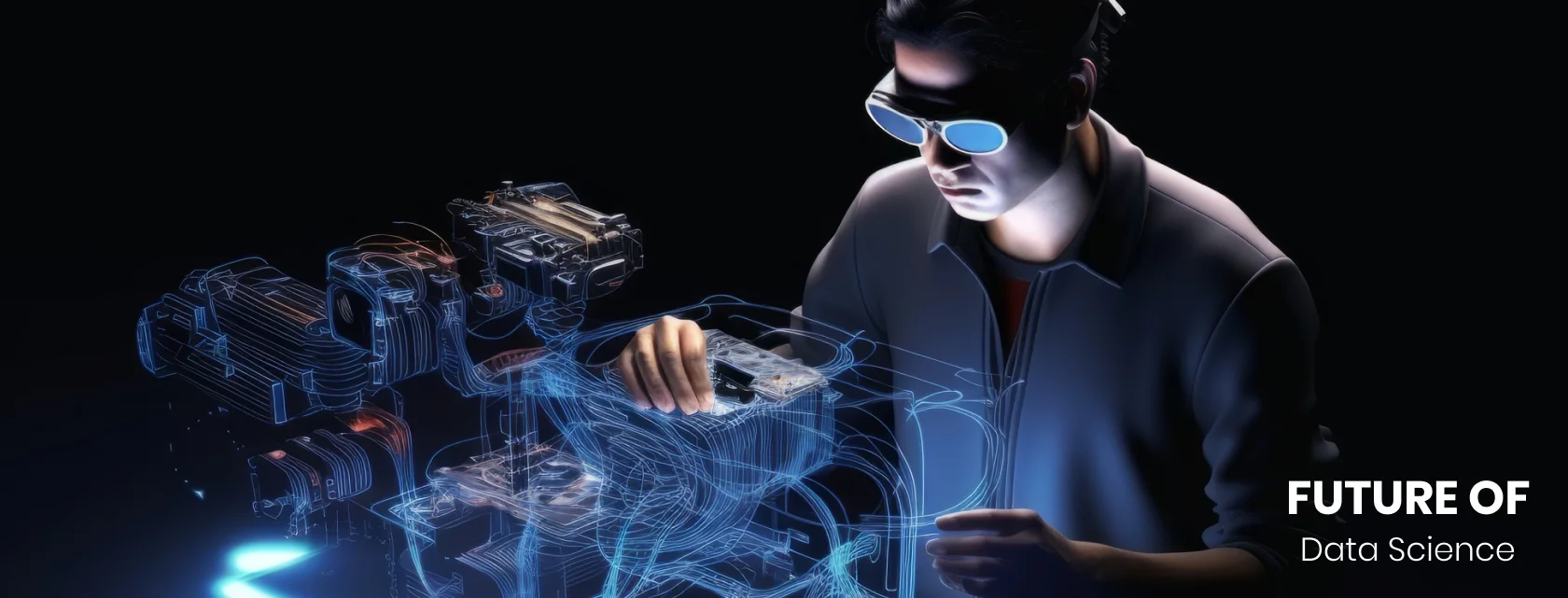
Data science has emerged as one of the most sought-after fields in the tech industry, offering immense job opportunities and career growth. With an increasing demand for data scientists across various sectors, the career prospects in this field are vast. From data analyst to machine learning engineer, the information about data science offers a wide array of career options depending on your interests and skill set.
The introduction to data science lays the groundwork for professionals looking to build a career in this space. With continuous advancements in AI and machine learning, the scope for innovation is endless, making it an exciting time to enter the field.
Concluding Thoughts - Introduction to Data Science
In conclusion, data science is a rapidly growing field with vast potential to shape industries, improve lives, and drive progress. Whether you are looking to gain a deeper understanding of how data is used to solve problems or exploring career opportunities, an introduction to data science offers a valuable starting point. With its ability to provide insights, predict trends, and optimize processes, data science is undeniably a game-changer in today’s data-driven world.
For those looking to dive deeper into the subject, taking an introduction to Data Science course or exploring further information about data science can be an excellent way to begin your journey.
FAQs About Introduction to Data Science
What are the 5 P's of Data Science?
The 5 P’s of data science are:
- Problem: Define the problem you’re trying to solve with data.
- Process: Follow a systematic approach to clean, analyze, and model data.
- Pattern: Identify patterns or insights that emerge from the data.
- Prediction: Use the data to make predictions or forecasts about future trends.
- Presentation: Communicate the findings clearly, often through visualizations and reports.
Is 3 Months Enough to Learn Data Science?
While three months can give you a foundational understanding of data science, mastering the field typically requires more time and consistent practice. In three months, you can grasp core concepts, tools, and techniques, but becoming proficient and applying data science in real-world scenarios may take additional time and experience.
Is Introduction to Data Science Hard?
An introduction to data science is generally designed to be beginner-friendly, focusing on the basics. While some concepts, like statistics and machine learning, can initially seem challenging, with persistence and practice, anyone can understand the fundamentals of data science.
Is 30 Too Late to Start Data Science?
No, it’s never too late to start learning data science at 30 or beyond! Many people begin their data science careers later in life, bringing diverse experiences that can add value. With dedication and continuous learning, you can succeed in this field at any age.

